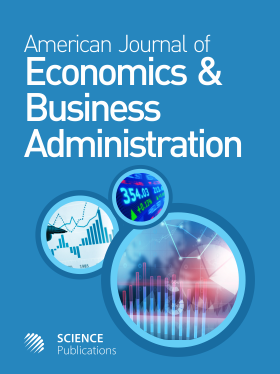Measuring Refugee’s and Host Community Vulnerability to Idiosyncratic and Covariate Causes of Poverty Shocks in Uganda
- 1 School of Applied Human Sciences, College of Humanities University of Kwazulu-Natal (UKZN), Durban, South Africa
Abstract
The analysis reveals diverse patterns of change in poverty levels and inequality dynamics within different settlements. This study specifically provides insights into the impact of idiosyncratic and covariate poverty shocks on poverty and inequality across various refugee and host community settlements in Uganda. The data shows that in Bidi Bidi Settlement, poverty decreased by 1.7 units while inequality increased by 3.8 units. Similarly, in the Imvepi refugee settlement, poverty decreased by 3.1 units, but inequality increased by 4.5 units. In Kampala Urban settlement, there was a decrease in poverty by 1.1 units and a slight increase in inequality by 0.2 units. Kyaka II settlement experienced a small increase in poverty by 0.2 units and an increase in inequality by 2.1 units. Kyangwali settlement saw a significant increase in poverty by 6.7 units and an increase in inequality by 3.7 units. Conversely, rhino settlement experienced a significant decrease in poverty by 11.1 units, but inequality still rose by 3.1 units. In the Rwamwanja settlement, poverty decreased by 1.6 units while inequality increased by 3.4 units. Additional metrics indicate minor variations in poverty and inequality across these settlements, such as minor increases in poverty and decreases in inequality, suggesting that poverty shocks have disproportionately affected certain groups. This comprehensive analysis illustrates the nuanced and varied impact of poverty shocks on different communities, highlighting the complexity of addressing poverty and inequality simultaneously. It underscores the need for tailored interventions that consider both the reduction of poverty and the mitigation of inequality, ensuring that efforts to alleviate economic distress do not inadvertently widen the gap between different population groups.
DOI: https://doi.org/10.3844/ajebasp.2024.24.39

- 685 Views
- 516 Downloads
- 0 Citations
Download
Keywords
- Refugee’s Host Community
- Vulnerability
- Idiosyncratic
- Covariate
- Poverty
- Shocks
- Uganda Background and Contextual Environment
